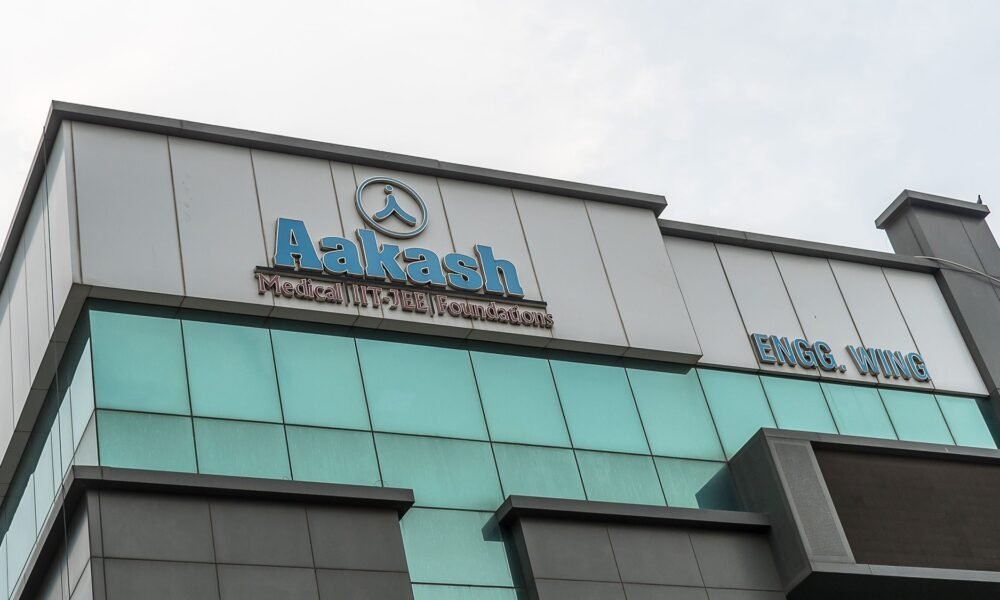The world is experiencing a significant change towards electric vehicles (EVs), and it’s not just about technology—it’s revolutionising how people travel, work, and live! However, many potential EV buyers face significant financial hurdles, which can pose obstacles to adopting greener transportation.
Strategic financing plays a crucial role in this scenario. It removes the financial obstacles, allowing individuals and businesses to embrace environmentally friendly and energy-efficient solutions. Not only does it contribute to cleaner air, but it also opens up a wealth of economic opportunities.
Accelerating EV adoption
Strategic financing is driving the rapid global expansion of EV adoption. According to Statista’s report, the global EV market volume will reach $1,084.0 billion in 2029. Flexible loan options, government incentives, and subsidies, which lower upfront costs and provide supportive programmes, fuel this growth by making electric vehicles more accessible.
India has spearheaded significant green mobility transformation with initiatives like the FAME II (Faster Adoption and Manufacturing of Electric Vehicles) scheme, offering financial support for infrastructure investments and vehicle purchases that accelerate green mobility transition. Such efforts underscore how financing is essential in shaping transportation’s future to make it more sustainable.
Affordable EV solutions
Apart from the government initiatives, financial institutions are stepping up with affordable loan schemes that make investing in EVs possible for people from middle- and lower-income groups as well as MSMEs for business operations. Innovative programmes like battery-as-a-service (BaaS) and retrofitting solutions significantly decrease ownership costs of EVs.
Supporting green mobility
As the world races against time to slash carbon emissions, the spotlight on EVs has never been more blinding. These vehicles emit a staggering 50% to 70% less carbon dioxide compared to their internal combustion engine (ICE) rivals.
Financial institutions are finally waking up to the undeniable benefits of EVs, rolling out loans tailored for green mobility projects that come with affordable low interest rates and quick approvals. This financial revolution is pushing them to ditch traditional vehicles in favour of cleaner alternatives.
Inclusive loan programmes
Inclusivity is one of the most important elements of financing EVs. There are now various strategic loan options for groups that often face financial challenges, such as women, small and medium-sized enterprises (MSMEs), and low-income individuals. Banks and non-banking financial companies (NBFCs) frequently offer discounted interest rates to promote adoption among these demographics to ensure electric mobility does not just belong to wealthy or large organisations.
Inclusive financing solutions help drive economic growth while ensuring that a broad array of people can reap the rewards of transitioning to EVs, leading to widespread adoption and building more sustainable transportation ecosystems.
Expanding the EV ecosystem
The electric vehicle ecosystem encompasses more than vehicle sales alone. Through strategic partnerships between financial institutions, original equipment manufacturers (OEMs), and service providers, financing is available not only for vehicle purchases but also for essential aspects such as maintenance costs and insurance costs, providing customers with comprehensive support services. These integrated financial solutions help build buyer confidence, as they know owning an EV involves minimal hassle.
Innovative financing models
Innovative financing models, such as battery leasing and retrofit financing, have become increasingly popular to further accelerate EV adoption.
Leasing allows customers to spread out the costs over time rather than paying one large lump sum at the outset. This not only increases the accessibility of EVs for customers but also alleviates their financial burden.
Retrofitting programmes are another exciting innovation that enables ICE vehicle owners to convert their cars to electric power at a lower cost than purchasing brand-new EVs. This innovative solution provides more people with access to electric mobility without breaking their budgets.
Transformation in commercial logistics
Strategic financing is significantly changing the logistics and commercial transportation sectors. Leasing and loan options made for electric commercial vehicles allow businesses to adopt greener fleets. This cuts down on operational costs and aids in reaching sustainability goals. These loans are designed to be affordable and accessible, enabling entrepreneurs to invest in green transport solutions while staying profitable.
Employment growth
Electric vehicle adoption is driving employment expansion within the transportation sector. Financing options for electric rickshaws, cargo vans, and other commercial EVs create new job opportunities for drivers and small business owners, creating economic empowerment as well as job creation. With accessible loan programmes for these EVs, individuals can start or expand their businesses, leading to economic empowerment and job creation.
Fast and flexible loan disbursement
One of the key factors contributing to the success of strategic financing for EVs is the fast and flexible loan disbursement process. Financial institutions are streamlining their approval processes, reducing paperwork, and ensuring quick disbursement of funds. This allows consumers to purchase electric vehicles without unnecessary delays, further boosting EV adoption.
In conclusion, strategic financing plays an essential role in making electric vehicles more accessible, affordable, and inclusive. By offering innovative financial products and promoting green mobility solutions, financial institutions are helping create a more sustainable future. As we move away from fossil fuel-dependent transportation modes like transportation by road or air, electric vehicles will drive this green revolution forward, revolutionising the global transportation landscape for years to come.
(Nehal Gupta is the Founder and Managing Director of Accelerated Money for U (AMU) Leasing, a technology-driven NBFC that focuses on encouraging sustainable development.)
(Disclaimer: The views and opinions expressed in this article are those of the author and do not necessarily reflect the views of YourStory.)





